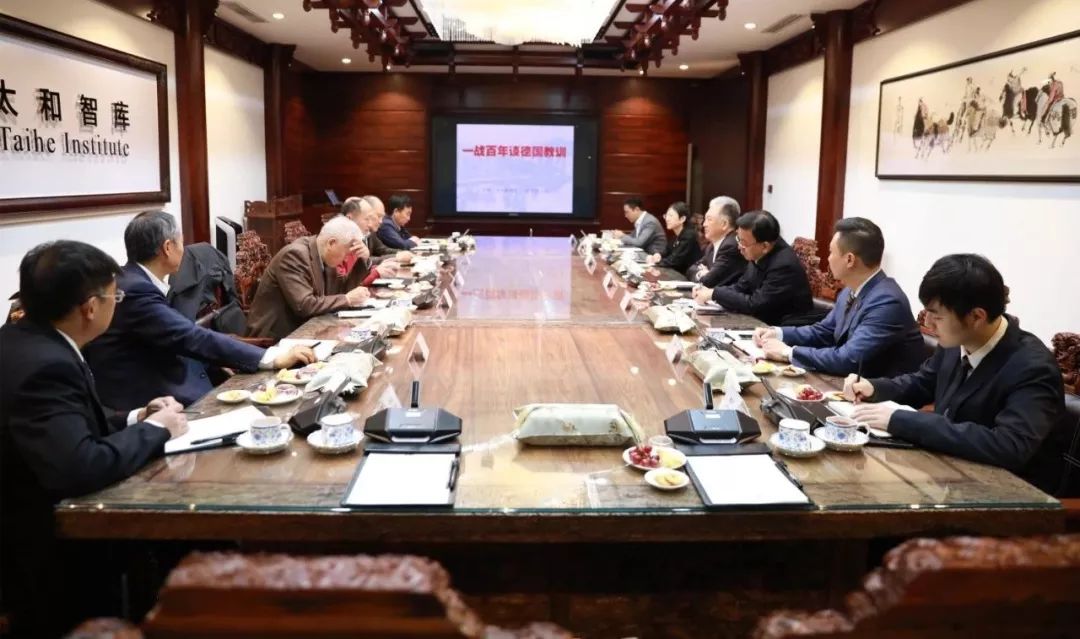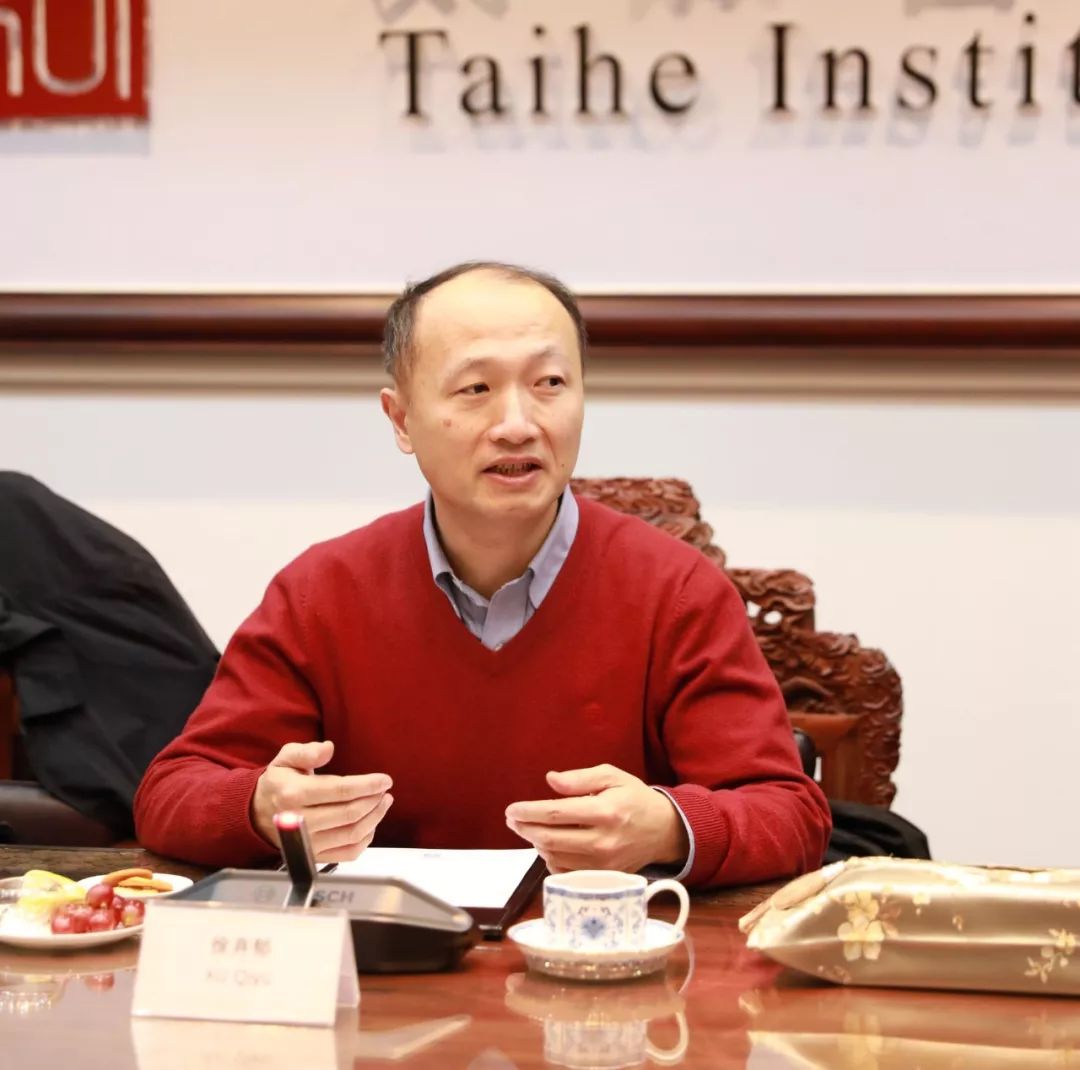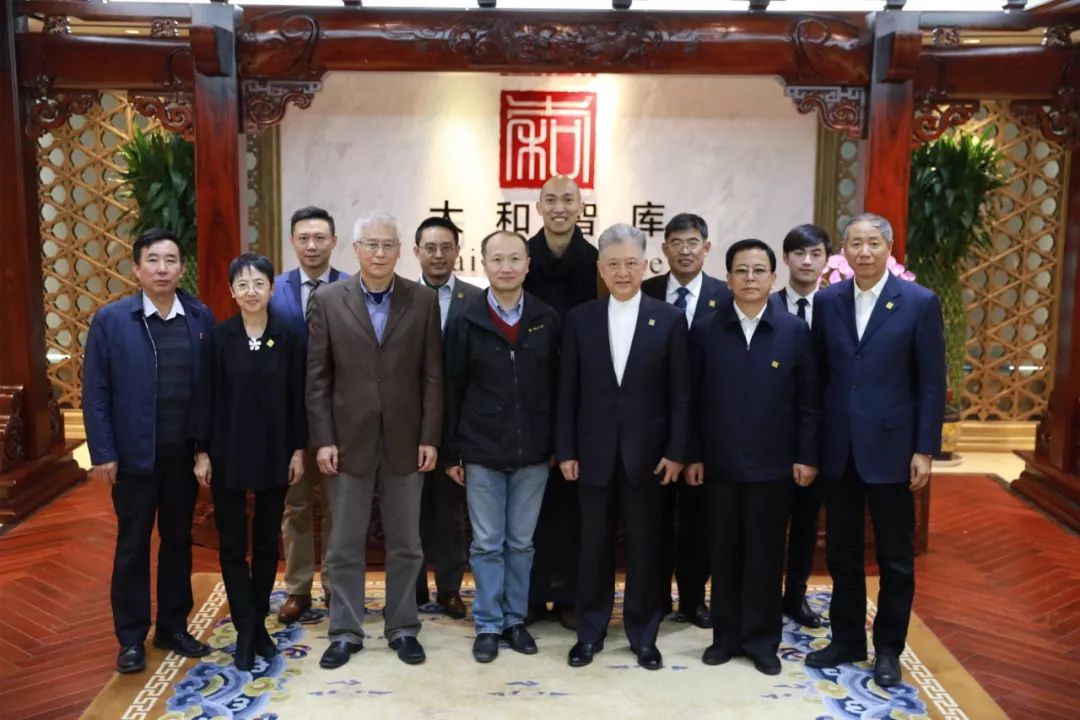
Mr. XU pointed out that before the outbreak of WWI, Germany was faced with complicated geostrategic environment, which required it to adopt complex strategies. As Bismarck stated that, “Politics is the art of the possible”. Under Bismarck’s leadership, Germany upheld the strategic thinking of “complementing each other” even if “opposing each other”, and built up an intertwined “safety net” with mutual checks and balances, which guaranteed a two-decade Germany’s peaceful rise. However, after the stepping down of Bismarck in 1890, Kaiser Wilhelm II embarked on his so-called “New Course”, overemphasizing logic and clarity in foreign strategies. Instead of sustaining “complexity with benefits”, Germany turned to pursue “simplicity without benefits”. Germany renounced the renewal of Russo-German Reinsurance Treaty, resulting in the establishment of alliance between Russia and France. Germany was consequently trapped in a situation of being enemies on both sides. Meanwhile, Germany put forward the concept of “Weltpolitik” (“World Policy”), simply copying and imitating hegemonic powers like the UK. Germany began to form huge naval fleets and attach excessive significance on “equivalence” in foreign policies. It blindly compared with other countries when pursuing national interests, and eventually turned itself from “one of the threats” into a “main threat” in the eyes of the UK. In addition, three other factors are worth noticing in Germany’s fall to the abyss of WWI. The first is the fever of overseas colonization at that time, or the imperialist trend of thought. The second is the “patriotism” with ethnocentric inclination among German people. The last factor is the “tough preference” of German public opinion.

In order to learn from history, Mr. XU analyzed the lesson of Germany’s rise and fall more than a hundred years ago with Taihe researchers, and revealed its implications for the current time as follows. First, the common interests in economy may not necessarily lead to the peaceful coexistence strategically. The economic interdependence between the UK and Germany was the strongest at that time, compared with other European powers. Nevertheless, these two countries became sworn enemies. Second, a country shall prevent from being kidnapped by the interests of weak countries. Germany was dragged into WWI by the Austro-Hungarian Empire to some extent. Third, when the two powers compete, the relatively weaker one shall not overemphasize “equivalence”. Germany’s excessive emphasis on others in the perception of national interests, especially the quest for “equivalence” with the UK, was the major cause of its being identified as the arch rival of the UK. Last, the eager for quick success and instant benefit should be avoided strategically. Before WWI, Germany surpassed the UK in industry, and lagged only behind the US, and led the world in almost all high-tech fields. However, the anxiety to achieve quick success eroded its achievements accumulated for years away with WWI.

Today’s China is in a certain way similar to Germany at that time, although not strictly comparable due to changes of time. However, past experience is a guide for the future. A rising China can also learn from Germany’s lesson. First, under the current circumstances, it is difficult for China to keep a low profile as before, but China should strategically keep humble and meticulous. Second, when protecting its national interests, China should formulate a realistic bottom line and stick to it, while at the same time minimize all-out conflicts with rivals. Third, in the route from a great power to a super power, China should temper force with mercy, combining the wisdoms of “Wang” (virtuous leadership) with “Ba” (powerful leadership). Lastly, when expanding overseas interests, China needs to strengthen its bundling with countries concerned.
—————————————————————
FOCUS ON CONTEMPORARY NEEDS.
Should you have any questions, please contact us at public@taiheglobal.org